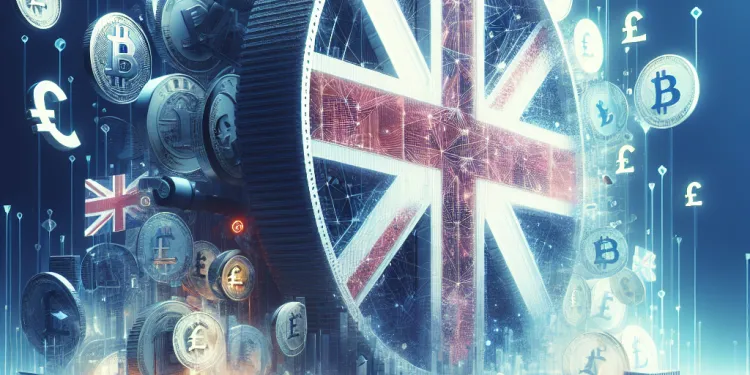
Find Help
More Items From Ergsy search
-

What is a decentralized cryptocurrency?
Relevance: 100%
-
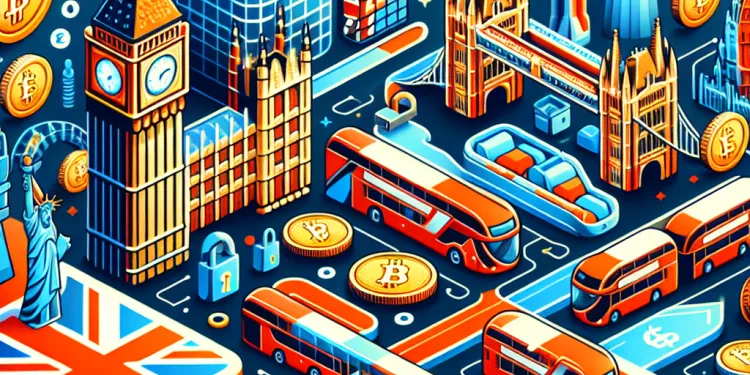
What are the benefits of using cryptocurrencies?
Relevance: 65%
-
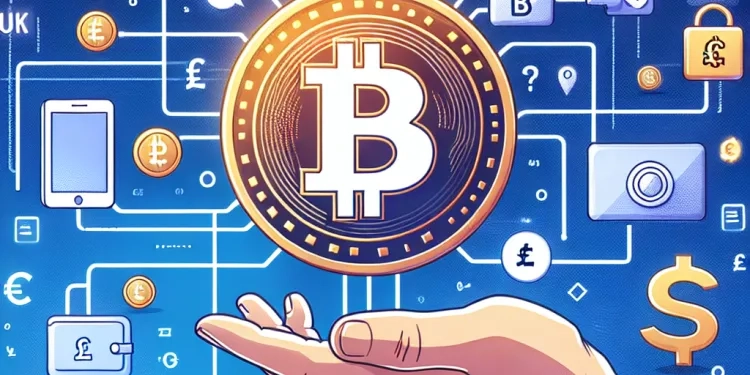
What is cryptocurrency?
Relevance: 64%
-
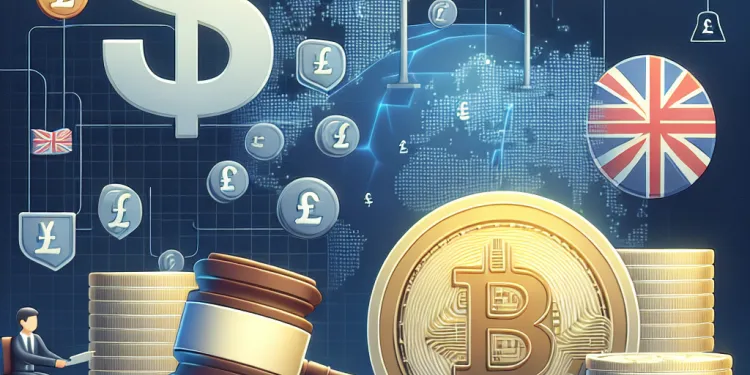
Is cryptocurrency legal?
Relevance: 55%
-
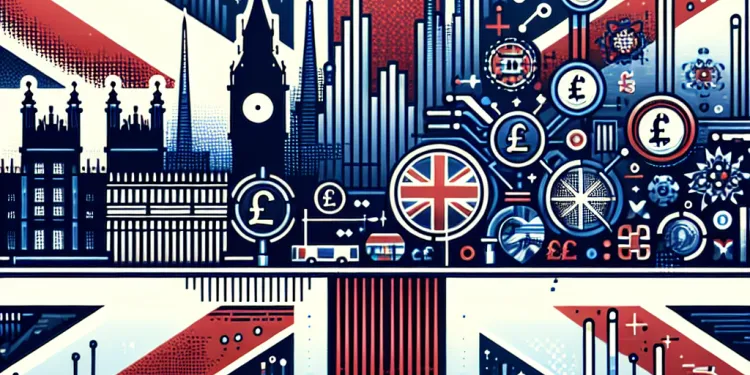
What is a cryptocurrency exchange?
Relevance: 54%
-
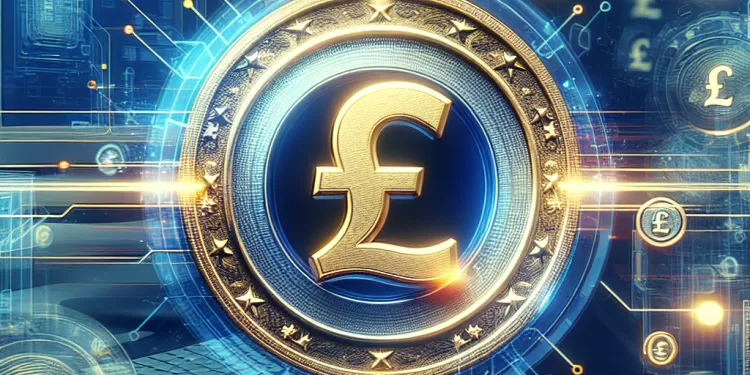
Are transactions with cryptocurrencies anonymous?
Relevance: 48%
-
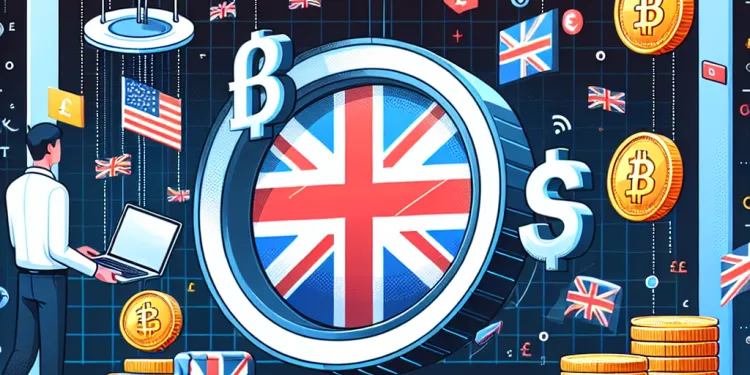
What are the risks associated with cryptocurrencies?
Relevance: 47%
-
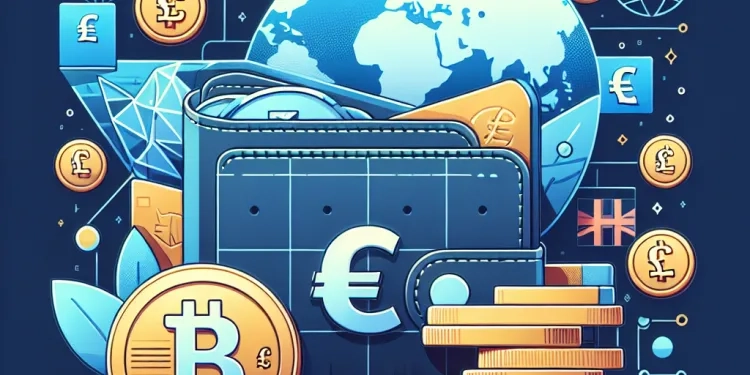
What is a cryptocurrency wallet?
Relevance: 46%
-
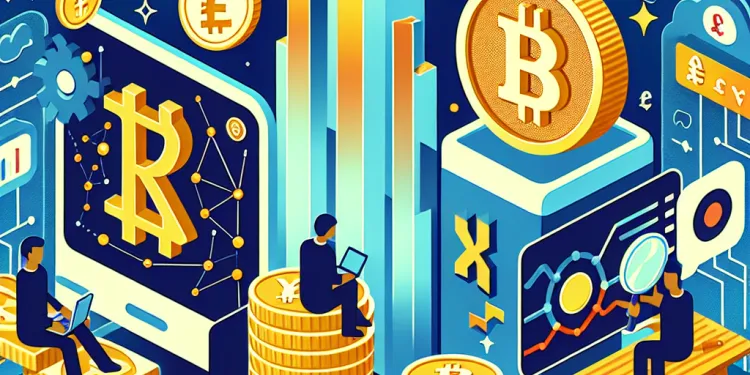
What are are Crypto Currencies like Bitcoin and XRP?
Relevance: 41%
-
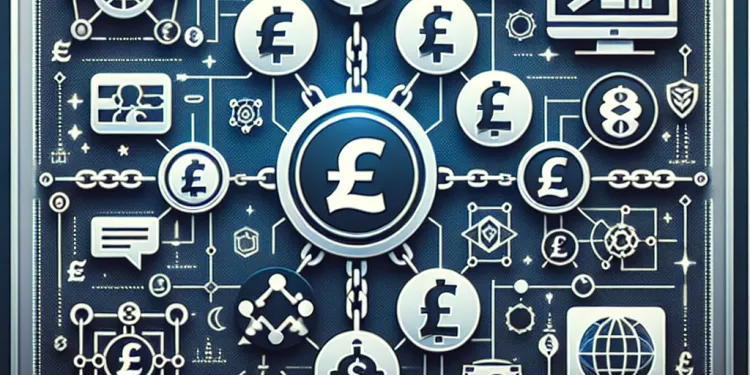
What is blockchain?
Relevance: 34%
-
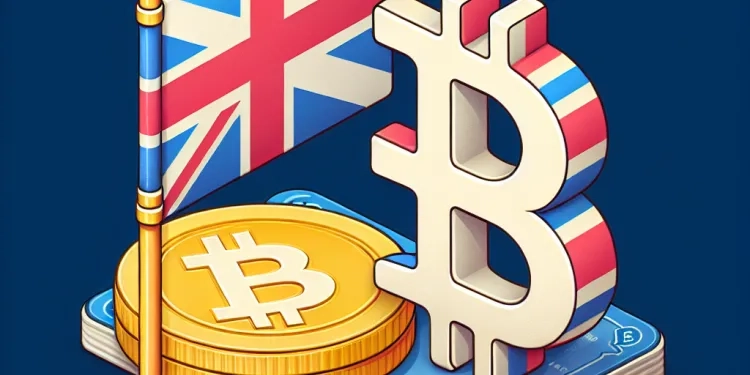
How is XRP different from Bitcoin?
Relevance: 34%
-
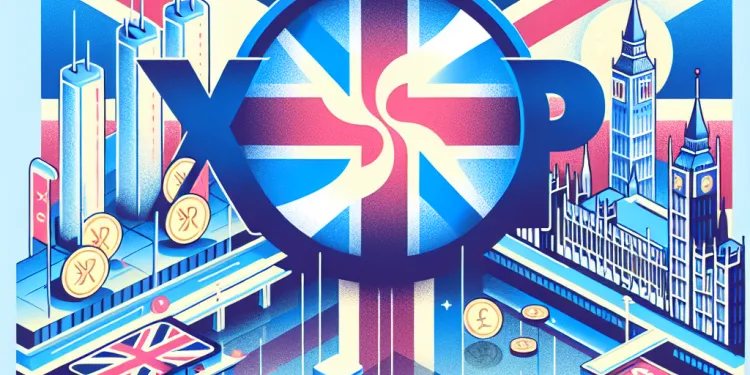
What is XRP?
Relevance: 31%
-
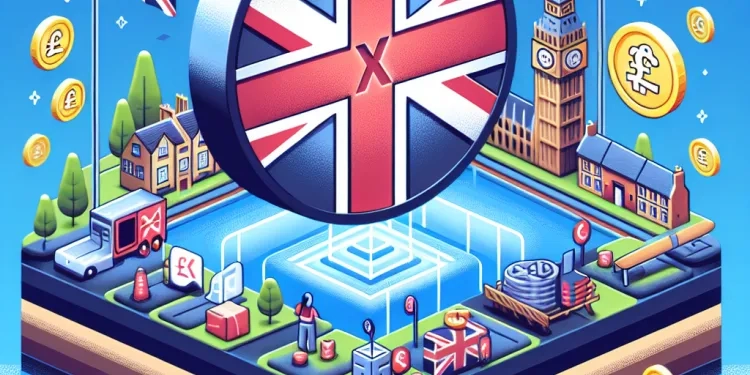
Can XRP be mined?
Relevance: 26%
-

Can I use Bitcoin or XRP for purchases?
Relevance: 24%
-
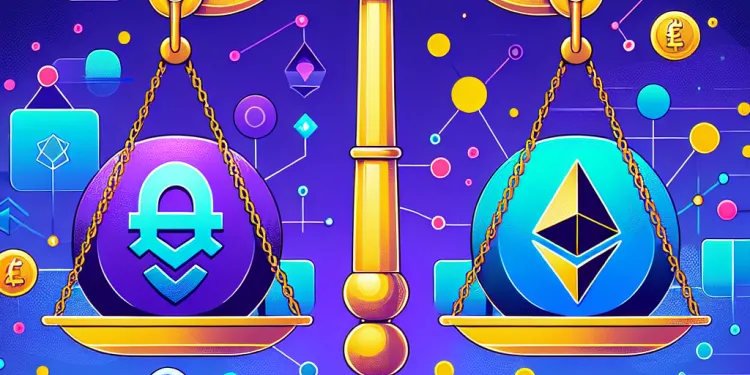
Is Ethereum Crypto Currency a safe investment?
Relevance: 21%
-
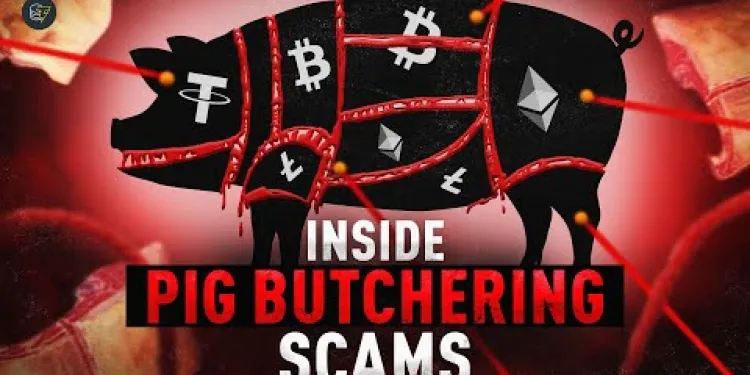
The Most Dangerous Crypto Scam: Victims Speak Out
Relevance: 21%
-
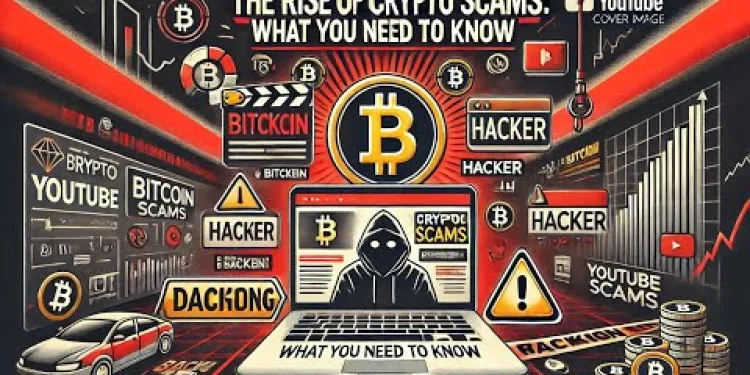
Crypto Scams Exposed - Protect Your Investments Now!
Relevance: 20%
-
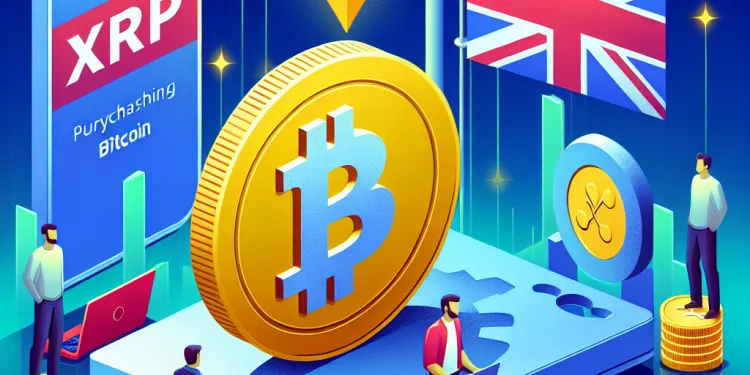
How can I buy Bitcoin or XRP?
Relevance: 19%
-
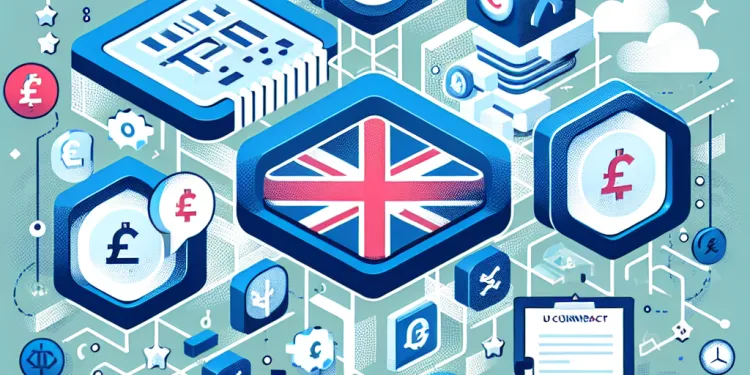
What is a smart contract?
Relevance: 16%
-
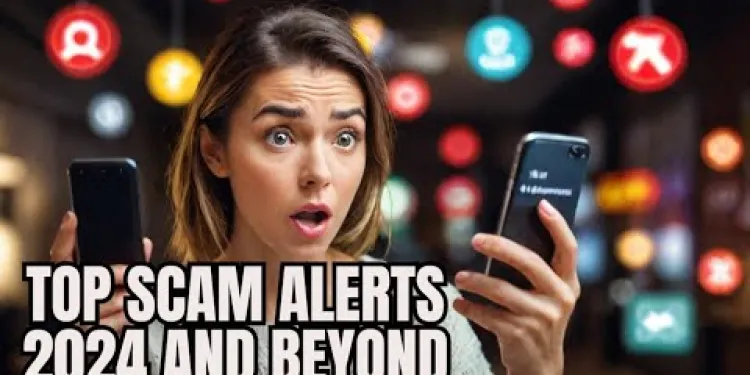
Scams of 2024/2025 ? (Be Aware)
Relevance: 15%
-

Common Scams to Avoid in 2025 (And How to Outsmart Them!) | Stay Safe Online
Relevance: 15%
-
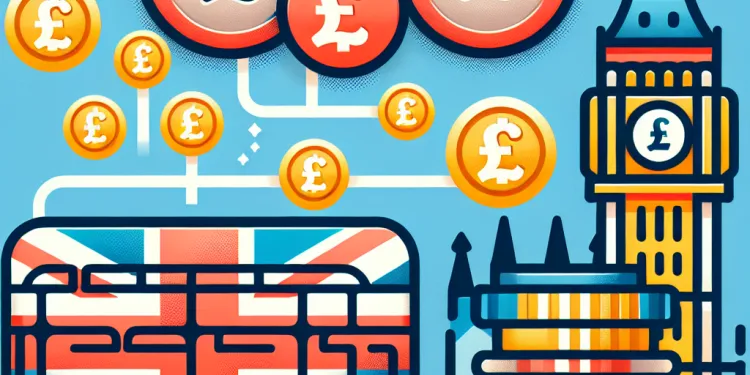
Is there a minimum transfer amount required?
Relevance: 14%
-

What is mining in the context of Bitcoin?
Relevance: 14%
-
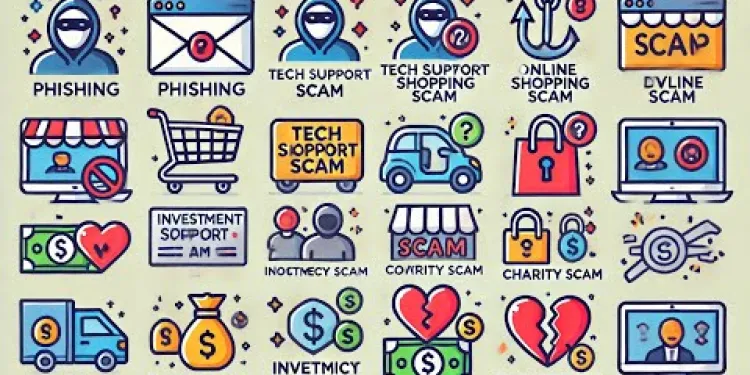
Don't Fall for These 7 Cybersecurity Scams!
Relevance: 13%
-
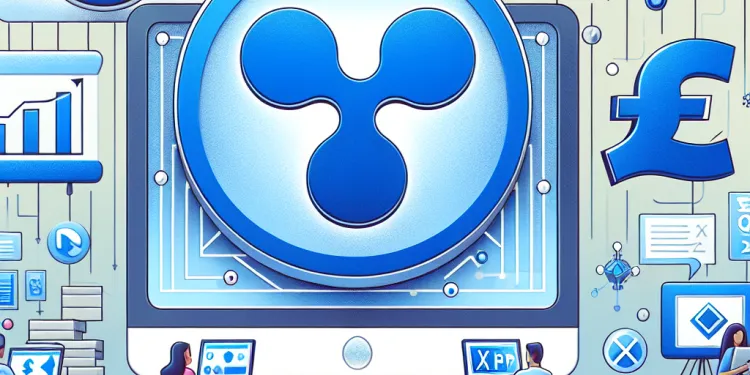
What role does Ripple Labs play in the XRP ecosystem?
Relevance: 13%
-

Common Scams to Avoid in 2025 (And How to Outsmart Them!) | Stay Safe Online
Relevance: 12%
-
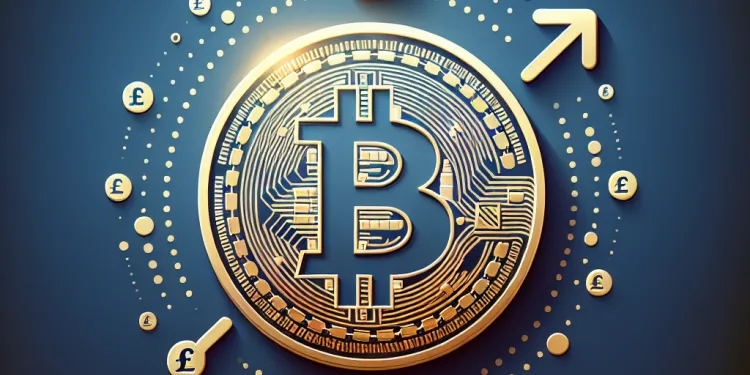
How is the price of Bitcoin determined?
Relevance: 12%
-
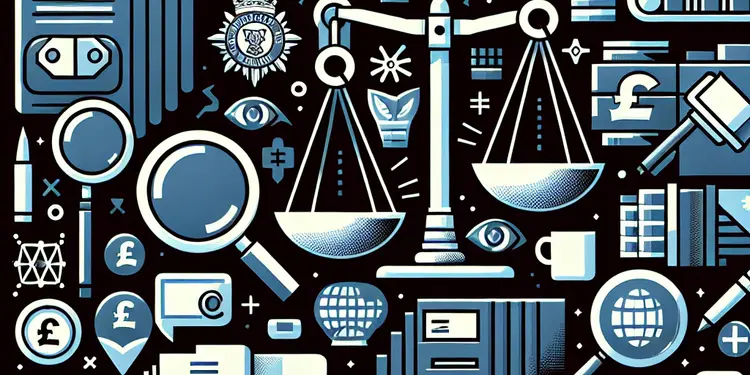
Is there a difference in accessing police records for federal and state cases?
Relevance: 10%
-
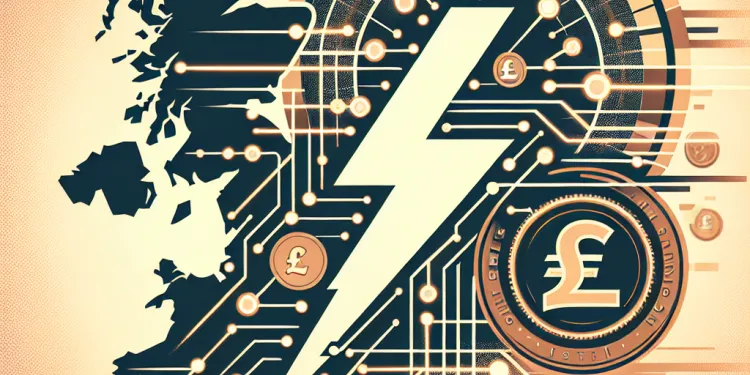
What is the Lightning Network?
Relevance: 9%
-
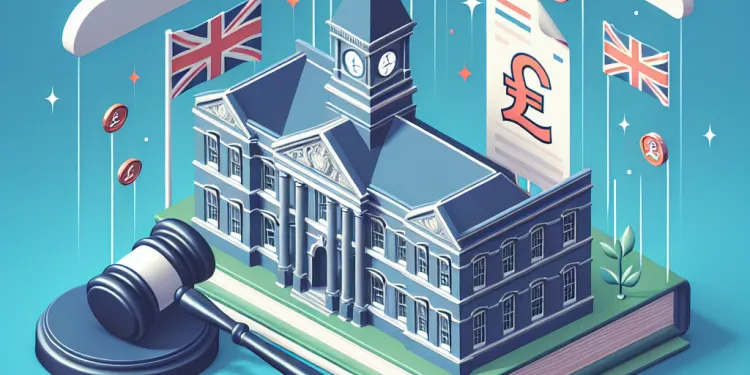
What role do local councils play under the new law?
Relevance: 6%
-
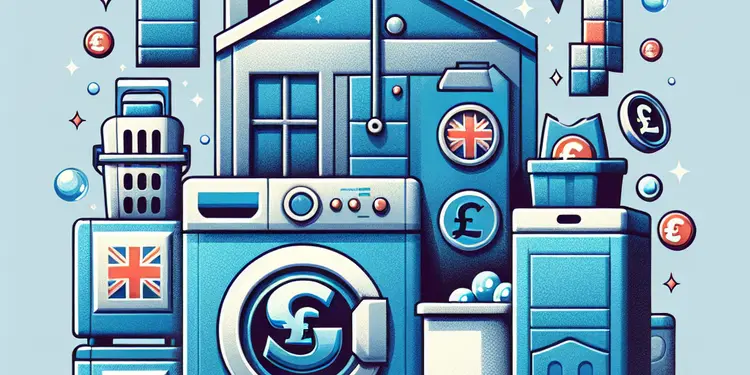
What is money laundering?
Relevance: 6%
-
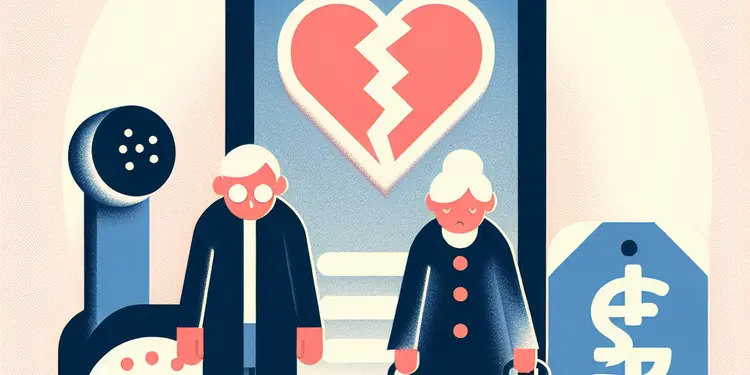
What is a grandparent scam?
Relevance: 6%
-
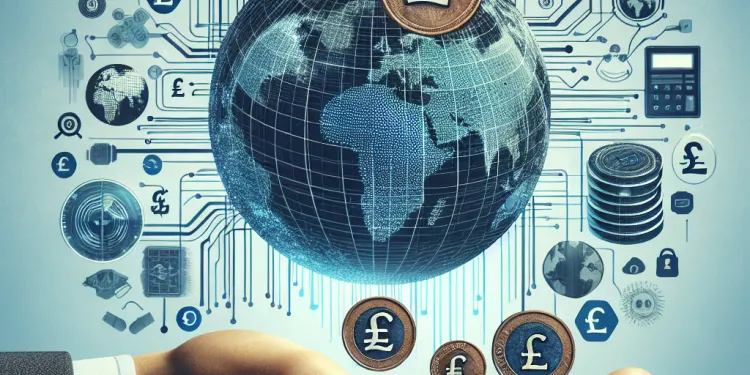
Can I receive the payment if I live abroad?
Relevance: 6%
-
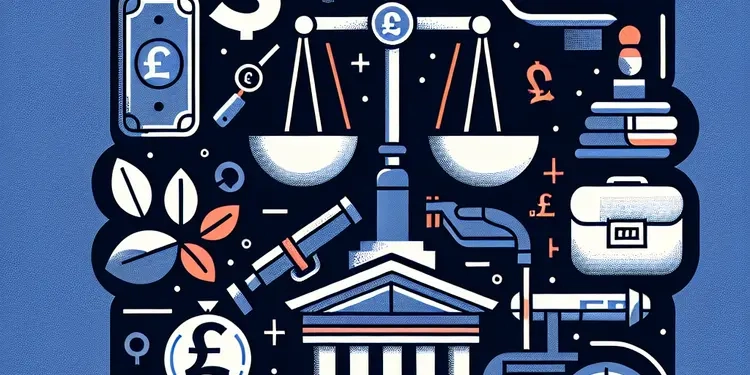
What is classed as the proceeds of crime?
Relevance: 6%
-
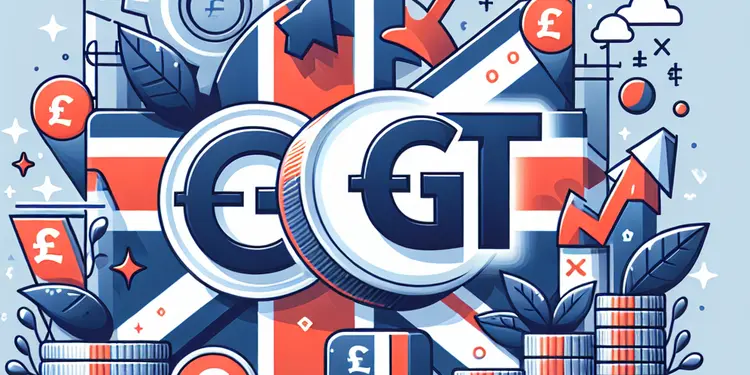
What is Capital Gains Tax (CGT)?
Relevance: 6%
-
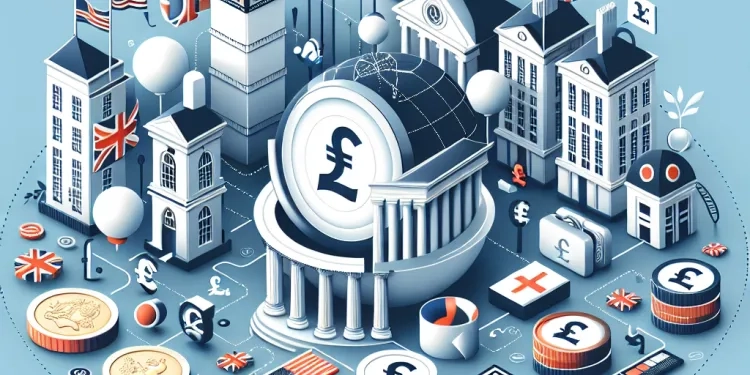
Would a wealth tax apply to foreign assets?
Relevance: 5%
-
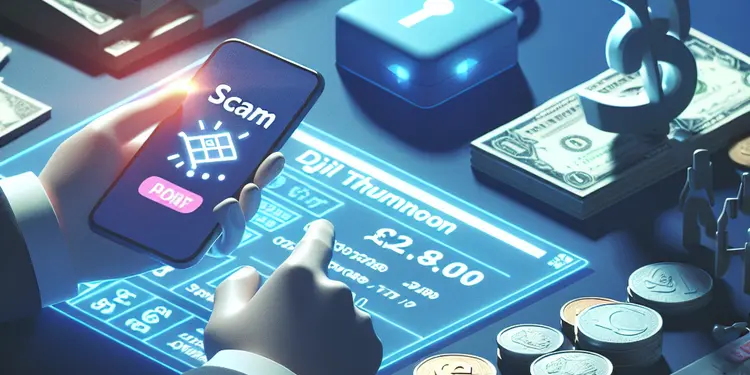
How can I recognize a scam?
Relevance: 5%
-
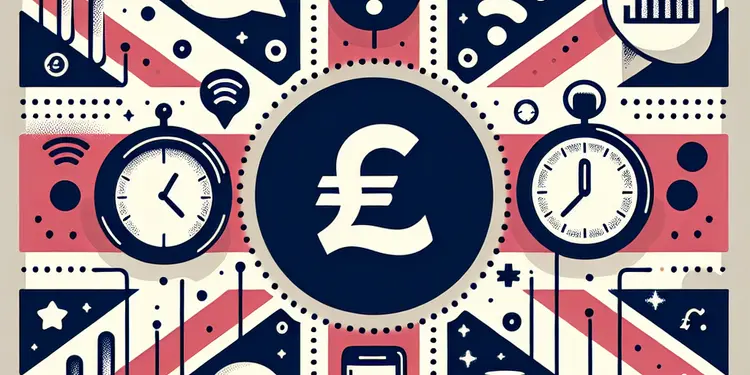
What future changes are anticipated for the social media ban?
Relevance: 3%
-
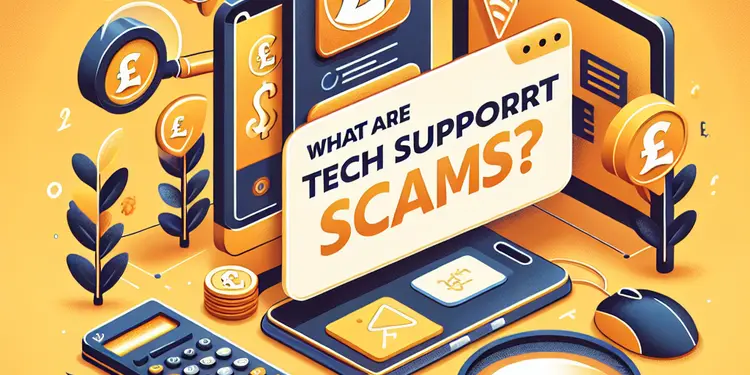
What are tech support scams?
Relevance: 3%
-

What role do renewable energy sources play in energy pricing?
Relevance: 3%
Introduction to Decentralized Cryptocurrencies
Decentralized cryptocurrencies are digital currencies that operate without a central authority, like a government or financial institution, managing their issuance and transactions. Instead, they rely on blockchain technology, which is a distributed ledger system that records all transactions across a network of computers. This decentralization is the key characteristic that distinguishes cryptocurrencies from traditional fiat currencies.
Key Features of Decentralized Cryptocurrencies
The main feature of a decentralized cryptocurrency is that no single entity has control over the currency. This is achieved through a consensus mechanism, often known as mining, where network participants, known as nodes, validate transactions and add them to the blockchain. Prominent cryptocurrencies like Bitcoin and Ethereum use decentralized networks, ensuring that the system remains fair and open.
Another significant feature is transparency. All transactions conducted using decentralized cryptocurrencies are recorded on the blockchain and are accessible to anyone. This level of transparency builds trust among users, as each transaction can be verified independently.
How Decentralization Differs from Centralized Systems
In a centralized system, such as traditional banking, a central authority is responsible for transaction validation, money supply control, and record-keeping. This can lead to issues such as censorship, where the authority may choose to deny service to specific users, and increased risk of fraud and corruption, as all power is concentrated within a single entity.
Decentralized cryptocurrencies mitigate these issues by distributing power across the network. The decentralized nature reduces the risk of censorship, and since users have control over their own funds, the chance of fraudulent activity is minimized. Additionally, the network consensus ensures that no invalid transactions are recorded, maintaining the integrity of the system.
Benefits and Challenges
Decentralized cryptocurrencies offer several benefits, including enhanced security, autonomy, and the potential for financial inclusion. Since they are not bound by geographic borders, cryptocurrencies provide access to financial systems for individuals who might not have access to traditional banking services.
However, decentralized cryptocurrencies also pose challenges. The lack of regulation can lead to market volatility and may expose users to potentially fraudulent schemes. Additionally, because transactions are irreversible, users must take precautions to ensure they do not lose their funds.
Conclusion
Decentralized cryptocurrencies represent a revolution in how we understand and use money, offering a new way to manage financial transactions without reliance on traditional institutions. While they offer significant advantages in terms of security and transparency, they also come with certain risks and challenges that must be carefully managed. As technology advances, the role of decentralized cryptocurrencies will continue to evolve, potentially reshaping global financial systems in the process.
Introduction to Digital Money: Cryptocurrencies
Decentralized cryptocurrencies are a type of digital money. They do not have a central boss, like a government or bank, to manage them. Instead, they use a special technology called blockchain. A blockchain is a shared list that keeps track of all transactions using many computers. This special way of working is what makes cryptocurrencies different from regular money like dollars or euros.
Why Decentralized Cryptocurrencies Are Special
The most important thing about a decentralized cryptocurrency is that no one person or group is in charge. This happens because of a process called mining. In mining, people called nodes help check if transactions are real before adding them to the blockchain. Famous cryptocurrencies like Bitcoin and Ethereum use this process, which helps keep things fair for everyone.
Another good thing is that everything is open and easy to check. All the transactions are written down on the blockchain, so anyone can see them. This openness helps people trust the system, because they can always check if things are correct.
How This is Different from Regular Money Systems
In regular money systems, like banks, one place keeps track of everything. This means they decide what gets done and who gets to use the service. But this also means there's a risk of them making mistakes or being unfair.
With decentralized cryptocurrencies, power is shared across the network. This makes it harder for any one person to block others or cheat. Also, because people are in charge of their own money, there's less chance of being tricked. The network helps make sure every transaction is real, keeping everything honest.
Good Things and Challenges
There are many good things about decentralized cryptocurrencies. They are very safe, let people be in charge of their own money, and help people who don't have access to banks. Because they work everywhere, even people in remote places can use them.
But there are also challenges. These cryptocurrencies can change value quickly and are not closely watched by rules, which might cause problems. If you make a mistake, transactions can't be undone, so you need to be careful with your money.
Conclusion
Decentralized cryptocurrencies are a new way to think about and use money. They allow us to do money transactions without traditional banks. They offer security and clarity, but there are also risks to consider. As technology improves, we will see more changes in how cryptocurrencies fit into the world of money.
Frequently Asked Questions
What is a decentralized cryptocurrency?
A decentralized cryptocurrency is a digital currency that operates without the need for a central authority, relying on blockchain technology and a distributed network of nodes to validate and record transactions.
How does a decentralized cryptocurrency work?
It works through a peer-to-peer network where transactions are verified by network nodes through cryptography and recorded in a public distributed ledger called a blockchain.
What is the main advantage of decentralized cryptocurrencies?
The main advantage is that they are not controlled by any single entity, offering greater transparency, security, and lower risk of manipulation or interference.
What are examples of decentralized cryptocurrencies?
Bitcoin and Ethereum are among the most well-known decentralized cryptocurrencies.
How do decentralized cryptocurrencies ensure security?
Security is ensured through cryptographic techniques and consensus mechanisms like proof-of-work or proof-of-stake, which prevent tampering and double-spending.
Can decentralized cryptocurrencies be used for everyday purchases?
Yes, many merchants accept decentralized cryptocurrencies as payment, and they can also be used through specialized debit cards or online payment systems.
What is a blockchain in the context of decentralized cryptocurrency?
A blockchain is a public ledger that records all transactions in a decentralized cryptocurrency network. It's maintained by a consensus of the network's nodes.
Are decentralized cryptocurrencies legal?
Legality varies by country. Some countries have adopted cryptocurrencies, while others have restrictions or bans. Users should check local regulations.
What is the difference between centralized and decentralized cryptocurrencies?
Centralized cryptocurrencies are controlled by a single entity, while decentralized ones operate on a distributed network without a central authority.
How do transactions get validated in a decentralized cryptocurrency?
Transactions are validated through network consensus mechanisms like mining or staking, where nodes agree on the validity of transactions.
What is mining in decentralized cryptocurrencies?
Mining is the process of validating transactions and adding them to the blockchain by solving complex mathematical problems, typically rewarded with cryptocurrency.
Is it possible to lose decentralized cryptocurrencies?
Yes, users can lose cryptocurrencies if they lose access to their wallets or private keys, or if they fall victim to scams or hacks.
What are private and public keys in decentralized cryptocurrencies?
A public key is an address for receiving funds, while a private key is a secure code that allows the owner to access and send their cryptocurrency.
Can decentralized cryptocurrencies be hacked?
While the blockchain itself is secure, individual accounts or exchanges can be vulnerable if proper security measures are not followed.
What are smart contracts in decentralized cryptocurrencies?
Smart contracts are self-executing contracts with terms written into code, running on blockchain technology, primarily used in platforms like Ethereum.
How does decentralization impact the value of cryptocurrencies?
Decentralization can lead to increased trust and security, but the value remains highly volatile and influenced by various factors like demand, legal status, and market sentiment.
Do decentralized cryptocurrencies provide anonymity?
They offer pseudonymity, not complete anonymity. Transactions are publicly recorded, but the parties involved are not directly linked to personal identities.
What are consensus mechanisms in decentralized cryptocurrencies?
Consensus mechanisms are protocols that nodes in the network follow to agree on a single data value or transaction history, such as proof-of-work or proof-of-stake.
How do you store decentralized cryptocurrencies safely?
They can be stored safely in hardware wallets, software wallets with strong passwords, and by keeping backups of private keys or seed phrases.
Why is decentralization important in cryptocurrencies?
Decentralization enhances security, reduces reliance on central entities, increases transparency, and provides users with greater control over their funds.
What is a decentralized cryptocurrency?
A decentralized cryptocurrency is a type of digital money.
No single person or company controls it.
It uses a technology called blockchain.
Blockchain keeps the money safe and records all transactions.
People use special software to send and receive this money.
You can think of it like digital cash.
If you need help, you can use:
- Pictures or videos to understand better.
- Ask someone to explain it to you.
A decentralized cryptocurrency is digital money. It does not need a boss or a central place to run it. It uses special computer technology called blockchain. Lots of computers, called nodes, work together to check and keep track of the money being used.
Here are some tools and ways to help understand better: - **Pictures or diagrams**: Look for images that show how digital money and blockchain work. - **Online videos**: Watch short videos that explain cryptocurrencies in simple words. - **Simple guides**: Use websites or books that explain money in easy-to-read language.How does a decentralized cryptocurrency work?
A decentralized cryptocurrency is a type of money. It is digital money, which means it is not made of paper or coins. This money lives on computers.
No one person or company controls this money. It is spread out over many computers around the world. This is called "decentralized."
People can use this money to buy things or send money to other people. It is different from money like dollars or euros because it is not from a bank or a government.
If you want to use decentralized cryptocurrency, you can try these helpful tools:
- Wallet apps: These are like digital wallets where you keep your cryptocurrency safe.
- Online guides: You can find simple guides with pictures to help you understand how to use cryptocurrency.
- Help from a friend: You can ask a friend who knows about cryptocurrency to show you how it works.
It works like a group of friends helping each other. When you make a trade or exchange, other friends (called nodes) check it to make sure it's right. They use special codes to do this. All this information is then written down in a big book that everyone can see. This book is called a blockchain.
To help understand better, you can use pictures or watch videos about how blockchains work. Asking a friend or teacher to explain can also help a lot!
What is the biggest benefit of using digital money that isn't controlled by one place?
Digital money, like Bitcoin, is a type of money you can use on the computer. It isn't controlled by any one person or group, like a bank or government.
Here is why this can be good:
- Freedom: You can send or get money from anywhere in the world.
- Privacy: Your money details are private and safe.
Try using pictures or videos to learn more! Apps on tablets can also help you understand better.
The big good thing is that no one person or group is in charge. This makes it clear to see, safe to use, and harder for anyone to mess with or change things.
What are decentralized cryptocurrencies?
Decentralized cryptocurrencies are digital money. They are not controlled by any one person or company. Below are some examples:
- Bitcoin: The first and most well-known cryptocurrency. People use it all over the world.
- Ethereum: It is like Bitcoin but lets people make agreements called "smart contracts."
- Litecoin: This is similar to Bitcoin but is faster and cheaper to use.
To learn more or make it easier to understand, you can:
- Watch videos about these cryptocurrencies.
- Use pictures or diagrams to see how they work.
- Talk to someone who knows a lot about cryptocurrencies.
Bitcoin and Ethereum are popular types of digital money. They don't have one main place in charge.
How do cryptocurrencies keep your money safe?
Security is kept safe by using special codes and ways for people to agree. These stop anyone from cheating or spending the same money twice.
Can you use cryptocurrencies to buy things every day?
Cryptocurrencies are digital money, like Bitcoin. People use them on the internet.
You can use some cryptocurrencies to buy things, just like you use cash or a card. More stores are starting to accept them. But not all stores do yet.
If you want to use cryptocurrencies, you might need a special app on your phone called a "digital wallet." This app helps you send and receive digital money.
Ask someone you trust to help you try it for the first time.
Yes, many shops let you pay with digital money, like Bitcoin. You can also use special debit cards or online tools to pay with this kind of money.
What is a blockchain in simple words?
A blockchain is like a digital notebook. This notebook is on many computers. It helps keep track of cryptocurrency, like Bitcoin.
Everyone can see what is in the notebook. This makes it safe because no one person is in charge.
If you have trouble understanding this, you can ask someone to explain it to you. You can also watch videos or use pictures to help.
A blockchain is like a big digital notebook. It keeps track of all the money that moves around in a network. This notebook is not kept by just one person. Instead, many computers work together to keep it safe and correct.
Are decentralized cryptocurrencies legal?
Is it okay to use digital money that is not controlled by the government?
Digital money like Bitcoin is called cryptocurrency. It is special because no single person or country controls it. Some people worry about using it because they do not know if it is allowed by law.
Here are a few things that might help:
- Check with your country's rules. Different places have different laws about cryptocurrencies.
- Ask someone who knows about money and the law. They can help you understand if it is okay to use.
- Use simple tools online that explain cryptocurrency safely and clearly.
Different countries have different rules about cryptocurrencies. Some countries say it is okay to use them, while others have rules that make it hard or not allowed. People should check what the rules are where they live.
How are centralized and decentralized cryptocurrencies different?
Centralized and decentralized cryptocurrencies are types of digital money.
Centralized cryptocurrencies have a strong leader or group in charge. They make rules and decisions. This is like how a school has a principal who decides on rules.
Decentralized cryptocurrencies have no single leader. Many people work together to make decisions. It's like a group of friends deciding what game to play.
If you find reading hard, you can:
- Ask someone to read it with you.
- Use text-to-speech tools to hear the words.
- Draw pictures to help you understand better.
Some cryptocurrencies are controlled by one group. These are called centralized cryptocurrencies. Other cryptocurrencies are not controlled by one group. They work on a large network of many computers. These are called decentralized cryptocurrencies.
How do we check if trades are okay in a shared digital money system?
When people trade digital money, we need to make sure it is fair and safe. Here is how it works:
1. **Checking by Many Computers**: Lots of computers look at each trade. This helps make sure the trade is real.
2. **Rules to Follow**: There are rules for trading digital money. Computers check that everyone follows these rules.
3. **Getting a Reward**: The computers that check the trades can earn a bit of digital money as a reward.
Remember, when trading digital money, it’s good to use simple tools to help you understand. You could ask someone you trust to explain things, or use videos and pictures to learn more.
People check that transactions are real by using network rules like mining or staking. This means lots of computers, called nodes, work together to agree that the transactions are correct.
What is mining in decentralized cryptocurrencies?
Mining is how people help run digital money like Bitcoin.
They use computers to solve hard puzzles. This helps make new coins and keep the money safe.
People who mine may get new coins as a thank you for helping.
You can watch videos or use apps to learn more about mining.
Mining is a way to check transactions and put them on the blockchain. To do this, people solve hard math problems. When they solve these problems, they usually get cryptocurrency as a reward.
Supportive tools or techniques:
- Use websites with simple explanations about cryptocurrency.
- Watch videos that explain blockchain in an easy way.
- Ask someone to talk with you about these ideas if you need help.
Can you lose cryptocurrencies like Bitcoin?
Yes, it is possible to lose them.
If you forget your password or lose your special key, you can't get them back.
Keeping a backup of your key in a safe place can help you.
Ask someone you trust for help if you're not sure what to do.
Yes, people can lose their digital money if they can't get into their wallet or forget their secret codes. They can also lose it if someone tricks them or if someone steals it.
What are Private and Public Keys in Decentralized Cryptocurrencies?
Cryptocurrencies like Bitcoin use special codes. These codes help keep your money safe.
Private Key: This is a secret code. Only you should know it. It helps you send your money.
Public Key: This code is not secret. You can share it with others. It helps people send money to you.
If you get confused, you can use pictures or videos to help understand better!
A public key is like an address where you can get money. A private key is a secret code that lets you use and send your digital money.
Can digital money like Bitcoin get hacked?
The blockchain is safe, but personal accounts or places where you trade can be at risk if you don't use the right safety steps.
What are Smart Contracts in Decentralized Cryptocurrencies?
Smart contracts are computers that help do things in decentralized cryptocurrencies.
They help make sure that rules are followed automatically without a person watching over them.
Think of them like a robot helper that does exactly what it is told.
Some tools and tips that can help you understand better:
- Use videos or pictures to see how they work.
- Ask a friend or family member to help explain it to you.
- Use apps or websites that explain things in simple words.
Smart contracts are like computer programs that work on their own. They have rules written inside them. These rules make sure the program does what it's supposed to do. Smart contracts work on something called blockchain, which is like a digital ledger. They are mostly used on platforms like Ethereum.
How does decentralization change the value of cryptocurrencies?
Decentralization means no single person or group controls the system. Instead, many people share control.
In cryptocurrencies, decentralization usually makes them stronger and safer. This can make their value go up.
Tools to help understand:
- Visual aids: Use charts or pictures to show how decentralization works.
- Simple examples: Compare a decentralized system to a school where everyone shares responsibilities.
- Word lists: Make a list of new words and their meanings, like "decentralization" and "cryptocurrencies".
Decentralization can help people trust and feel safe. But the value can change a lot and depends on things like how much people want it, if it is legal, and how people feel about it.
Do decentralized cryptocurrencies keep your identity secret?
Decentralized cryptocurrencies are like digital money. When you use them, your name is not shown. But sometimes, people can still find out who you are. Always be careful and stay safe.
To help keep your identity secret, you can use extra tools. Some people use special software to hide what they do online. Ask someone you trust if you need help.
They don't keep you fully secret, but they help hide your name. Everyone can see what you do, but they can't see your real name. Using picture cards can help remember this idea.
What are consensus mechanisms in decentralized cryptocurrencies?
A consensus mechanism is a way to make sure everyone agrees about something. In decentralized cryptocurrencies, it helps make sure that all the computers agree on the same list of transactions.
To understand better, think of it like making a group decision where everyone needs to say "yes" or "no" until they all agree. It keeps things fair and safe.
If this is hard to understand, you can:
- Use a dictionary to look up words.
- Ask someone to explain it to you.
- Use apps that read text out loud.
- Break down big sentences into smaller parts.
If you need more help, ask a teacher or a friend to explain it with easy examples.
Consensus mechanisms help everyone in the network agree on one thing. This could be about data or past transactions. Some examples are proof-of-work and proof-of-stake.
How can you keep your digital money safe?
You can keep them safe in special wallets called hardware wallets. You can also use software wallets with strong passwords. Don't forget to save a copy of your secret keys, known as seed phrases, in a safe place.
Why is decentralization important in cryptocurrencies?
What is decentralization?
Decentralization means no single person or group controls something. Instead, many people share control.
Why is it good for cryptocurrencies?
- Safety: When many people help, it is safer. No one can break or change things easily.
- Freedom: No one person is the boss. Everyone is equal and can make choices.
- Trust: Because no one controls everything, you can trust it more.
Helpful tool: Use a picture of how many people share control to better understand decentralization.
Decentralization makes things safer. It means we don't just depend on one central place. It helps everyone see what's going on and gives people more control over their money.
Useful Links
This website offers general information and is not a substitute for professional advice.
Always seek guidance from qualified professionals.
If you have any medical concerns or need urgent help, contact a healthcare professional or emergency services immediately.
Some of this content was generated with AI assistance. We’ve done our best to keep it accurate, helpful, and human-friendly.
- Ergsy carfully checks the information in the videos we provide here.
- Videos shown by Youtube after a video has completed, have NOT been reviewed by ERGSY.
- To view, click the arrow in centre of video.
- Most of the videos you find here will have subtitles and/or closed captions available.
- You may need to turn these on, and choose your preferred language.
- Go to the video you'd like to watch.
- If closed captions (CC) are available, settings will be visible on the bottom right of the video player.
- To turn on Captions, click settings .
- To turn off Captions, click settings again.
More Items From Ergsy search
-

What is a decentralized cryptocurrency?
Relevance: 100%
-

What are the benefits of using cryptocurrencies?
Relevance: 65%
-

What is cryptocurrency?
Relevance: 64%
-

Is cryptocurrency legal?
Relevance: 55%
-

What is a cryptocurrency exchange?
Relevance: 54%
-

Are transactions with cryptocurrencies anonymous?
Relevance: 48%
-

What are the risks associated with cryptocurrencies?
Relevance: 47%
-

What is a cryptocurrency wallet?
Relevance: 46%
-

What are are Crypto Currencies like Bitcoin and XRP?
Relevance: 41%
-

What is blockchain?
Relevance: 34%
-

How is XRP different from Bitcoin?
Relevance: 34%
-

What is XRP?
Relevance: 31%
-

Can XRP be mined?
Relevance: 26%
-

Can I use Bitcoin or XRP for purchases?
Relevance: 24%
-

Is Ethereum Crypto Currency a safe investment?
Relevance: 21%
-

The Most Dangerous Crypto Scam: Victims Speak Out
Relevance: 21%
-

Crypto Scams Exposed - Protect Your Investments Now!
Relevance: 20%
-

How can I buy Bitcoin or XRP?
Relevance: 19%
-

What is a smart contract?
Relevance: 16%
-

Scams of 2024/2025 ? (Be Aware)
Relevance: 15%
-

Common Scams to Avoid in 2025 (And How to Outsmart Them!) | Stay Safe Online
Relevance: 15%
-

Is there a minimum transfer amount required?
Relevance: 14%
-

What is mining in the context of Bitcoin?
Relevance: 14%
-

Don't Fall for These 7 Cybersecurity Scams!
Relevance: 13%
-

What role does Ripple Labs play in the XRP ecosystem?
Relevance: 13%
-

Common Scams to Avoid in 2025 (And How to Outsmart Them!) | Stay Safe Online
Relevance: 12%
-

How is the price of Bitcoin determined?
Relevance: 12%
-

Is there a difference in accessing police records for federal and state cases?
Relevance: 10%
-

What is the Lightning Network?
Relevance: 9%
-

What role do local councils play under the new law?
Relevance: 6%
-

What is money laundering?
Relevance: 6%
-

What is a grandparent scam?
Relevance: 6%
-

Can I receive the payment if I live abroad?
Relevance: 6%
-

What is classed as the proceeds of crime?
Relevance: 6%
-

What is Capital Gains Tax (CGT)?
Relevance: 6%
-

Would a wealth tax apply to foreign assets?
Relevance: 5%
-

How can I recognize a scam?
Relevance: 5%
-

What future changes are anticipated for the social media ban?
Relevance: 3%
-

What are tech support scams?
Relevance: 3%
-

What role do renewable energy sources play in energy pricing?
Relevance: 3%


